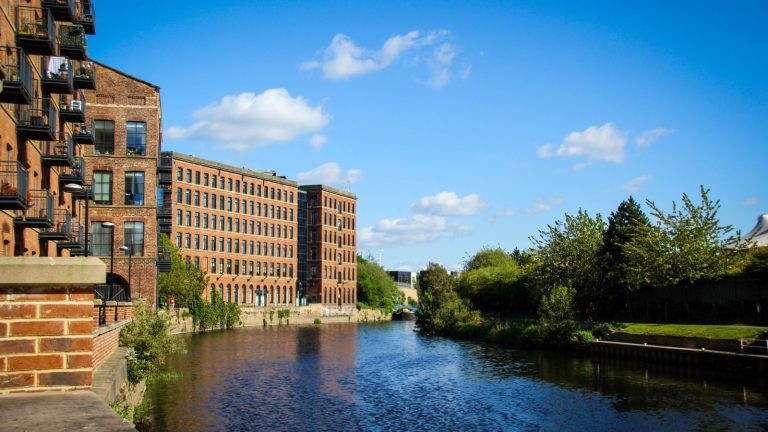
Bridging Loans & Bad Credit
What is a bridging loan?
A bridging loan for a property purchase or investment opportunity is a valuable alternative to traditional finance. A bridge loan benefits those with bad credit as it can provide greater flexibility, options, and a faster turnaround time.
Fast financing will “bridge the gap” so you won’t lose an investment opportunity or miss out on your residential property purchase in a competitive market.
The key to securing a bridge loan is the exit strategy. It must be clear and realistic before a loan can be agreed upon.
In general, lenders are hesitant to provide a loan without security and assurance that the loan will be repaid. If you have bad credit, it is essential that you have a solid exit strategy in place and put down a more substantial deposit.
Why a bad credit score isn’t an issue with bridging finance
With bridging finance, lenders will often overlook specific credit issues that would not be overlooked when securing traditional finance, such as;
- Missed payments or previous defaults on loans.
- Low or non-existent credit score.
- Debt management schemes - IVAs, CCJs or bankruptcy.
- Outstanding debt or late payments
- Repossessions.
As long as these issues do not directly affect your proposed exit strategy, they will not impact your ability to secure a bridge loan.
Are there risks to bridging finance with bad credit?
With short-term finance, risks are always involved, but those depend solely on the strength of your exit strategy – if you risk defaulting on a bridge loan, you may not have adequately prepared for repayment during the loan term.
However, with bridging finance, your exit strategy will typically be tied to a property sale. Therefore, if the property sold is a stable security, you are unlikely to have issues.
Bridging finance for a property development project (or renovations or refurbishments) will have additional considerations to the exit strategy. Going over budget or the project being delayed can become an issue for repayment, and you must plan accordingly.
Lastly, if you are planning to remortgage your property, poor credit history can become an issue for bridging lenders. Lenders may doubt an alternative exit strategy if there is no lump sum raised through a property sale.
To minimise risk, and get the best available advice, seek the help of a bridge loan specialist to go through your available options and take your case to a suitable lender.
Will taking out a bridging loan affect my credit score?
If unsuccessful, applicants for bridging loans may have their credit history affected. This will happen only if a hard check is made.
It is advisable, however, to get a soft credit check before committing. This allows you to see the realistic chances for success when you receive an "agreement in principle" without impacting your credit score.
In addition, taking out a bridge loan and successfully paying it off can raise your credit score if you cannot improve it before applying.
Eligibility for bridging finance – what are the requirements for a bridge loan?
Applying for a bridge loan with bad credit is similar to applying with good credit; eligibility is not necessarily affected. However, these requirements must always be met to strengthen your chances;
- An exit strategy – realistic and accurately calculated.
- A stable, mortgageable property to secure the loan against.
- A solid business plan if you are a property developer (flipping properties for profit or construction of commercial buildings).
- Provable experience of past projects if you are a property developer.
The only additional requirement for those with bad credit would be putting down a significant deposit (25%).
If you have bad credit, a bridge loan specialist can help
In addition to expert knowledge of the loan market, our team has access to niche lenders that cannot be approached directed by the public – these lenders can provide options, regardless of credit score.
Our job as specialists is to assist clients with adverse credit, help make informed decisions regarding bridging finance, and minimise personal risk. Our goal is to ensure that their case is presented to a suitable lender with a solid exit strategy in place.
















